The 2030 Agenda for Sustainable Development identifies gender equality and the empowerment of women and girls as key development issues that are essential to progress on all goals and targets. Here we present JICA's initiatives.
1. Women's economic empowerment - An example of support for women's entrepreneurship and business management
Women's economic empowerment is one of JICA's priority areas for gender equality and women’s empowerment. Economic empowerment enables women to expand their life choices and lead dignified, better lives. However, women often face barriers to accessing financial and business knowledge. For example, even in the United States, where start-ups are thriving, only 38% of start-ups are founded by women, yet they receive only 2% of total start-up investment, according to one study(*1).
The "Women Entrepreneurship Development Program in Ethiopia" (WEDP), co-financed by JICA and the other development partners including the World Bank, provided access to finance and training opportunities for women entrepreneurs in Ethiopia to increase income and employment in micro, small and medium-sized enterprises managed or co-managed by women entrepreneurs. For women with limited business skills, knowledge and networking opportunities, the training focused on promoting a proactive and innovative entrepreneurial mindset and behavior, in addition to systematically organized business knowledge (financial management, customer care, etc.). Women who completed the training were given access to financial institutions participating in the WEDP. For financial institutions participating in the WEDP, particularly microfinance institutions, capacity building support was provide in areas such as loan appraisal and risk management to promote lending to micro, small, and medium enterprises (MSMEs). As a result of these efforts, approximately 32,700 women have received training and approximately 24,600 women have received loans(*2) (as of May 2023). As 66% of the women who received loans through WEDP had never received formal financial services, the project contributed to improving women's access to financial services. In addition, women who received loans through the WEDP are successfully repaying their loans, and the non-performing loan (NPL) ratio is low. An impact evaluation, which measured the change (impact) of the business on the target community, found that, found that on average, WEDP members' businesses increased revenue by 67% and employment by 58% compared to women who did not receive WEDP loans(*3). By providing business knowledge and access to financial institutions, the women were able to unlock their true potential.
2. Towards the elimination of gender-based violence
Gender-Based Violence (GBV) is the most severe manifestation of gender inequality, which is "violence perpetrated on the basis of socially constructed gender roles, gender norms, and unequal power relations, such as 'femininity' and 'masculinity”. In addition to physical and sexual violence, it also includes psychological and economic violence (e.g., forbidding women to work outside the home, not giving them money to live on, etc.). It is estimated that one in three women in the world has experienced physical or sexual violence . Since GBV causes great physical and psychological trauma to women and girls and has a negative impact on their families and communities, JICA considers it a serious issue and is working to eliminate GBV.
We would like to introduce our cooperation to strengthen support systems for survivors of GBV in Punjab Province, Pakistan. Discriminatory values and practices against women persist in Pakistan, and according to a survey conducted by JICA, the most common form of GBV in Pakistan is domestic violence perpetrated by husbands. A survey conducted among staff and users of temporary shelters operated by the Social Welfare Department, Punjab Province revealed that more than 80% of the female users were married, and 90% of them were there to seek divorce because of violence. As there were no public facilities in Pakistan that could accommodate survivors of GBV for medium- to long-term stays with the aim of achieving self-reliance and social reintegration, JICA supported the operation of pilot "Transitional Homes". These facilities support women’s psychological recovery and skills development for self-reliance and social reintegration by providing technical training, counselling by psychological counsellors, and recreational activities. Through this support, some women have been able to find jobs and reintegrate into society.
3. Toward a society where everyone can live as they are
Although some aspects have been improved thanks to the efforts of our predecessors, a study shows that it will take about 170 more years to achieve gender equality(*5) . With the aim of accelerating change towards a society where everyone - women, men and people of diverse sexual orientations and gender identities - can live as themselves, all staff members of the Office for Gender Equality and Poverty Reduction of JICA are working together with experts and consultants implementing projects, and relevant JICA departments.
On the other hand, I believe that there are also steps we can take at the individual level, such as learning about the situations of people around the world who suffer discrimination and difficulties due to gender norms, supporting those who work for gender equality and women's empowerment, and becoming aware of our own gender biases and correcting them. Although my efforts may be small, I too want to put them into practice.
This March, as International Women's Day and Women's History Month, we sent out relay messages from 14 JICA officials, including this blog. Please take a look at the current situation and challenges of women in various countries and regions, as well as our message to women around the world!
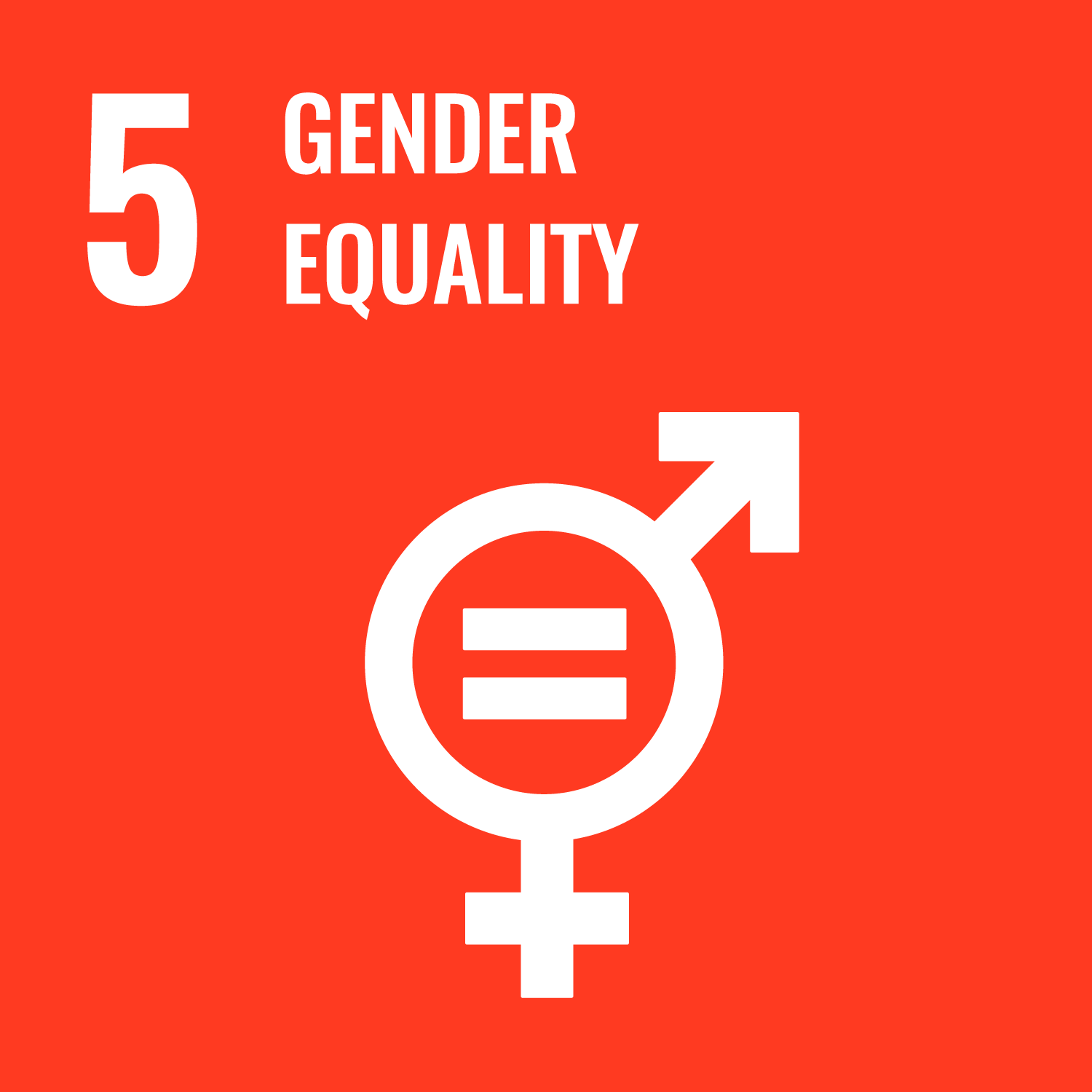





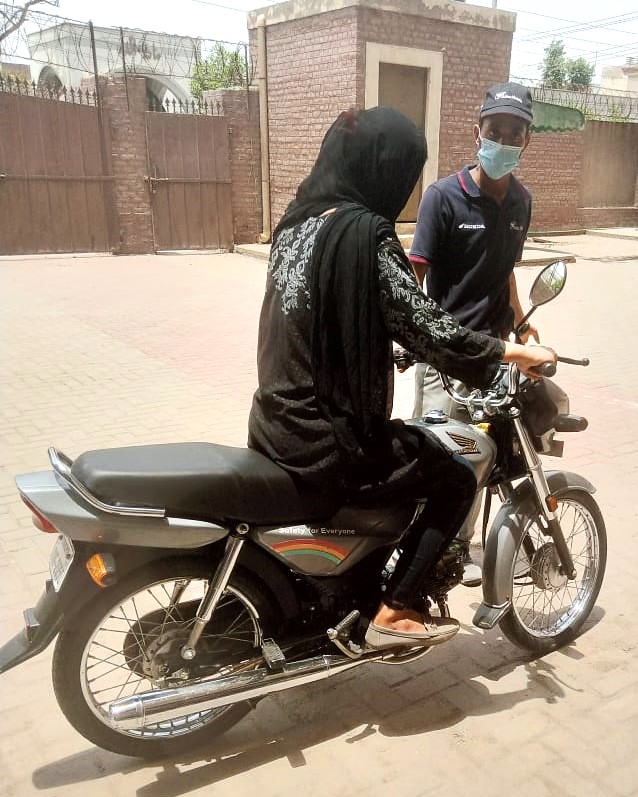
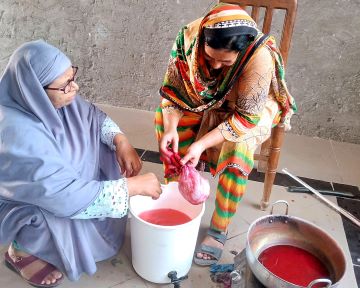
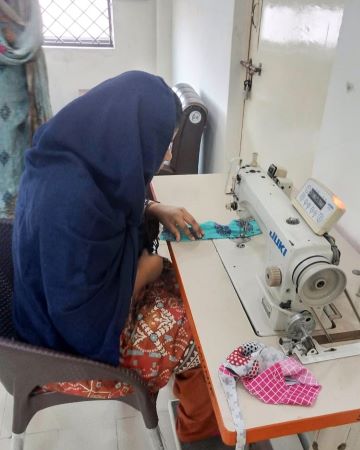
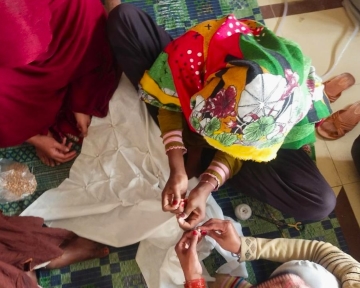
scroll